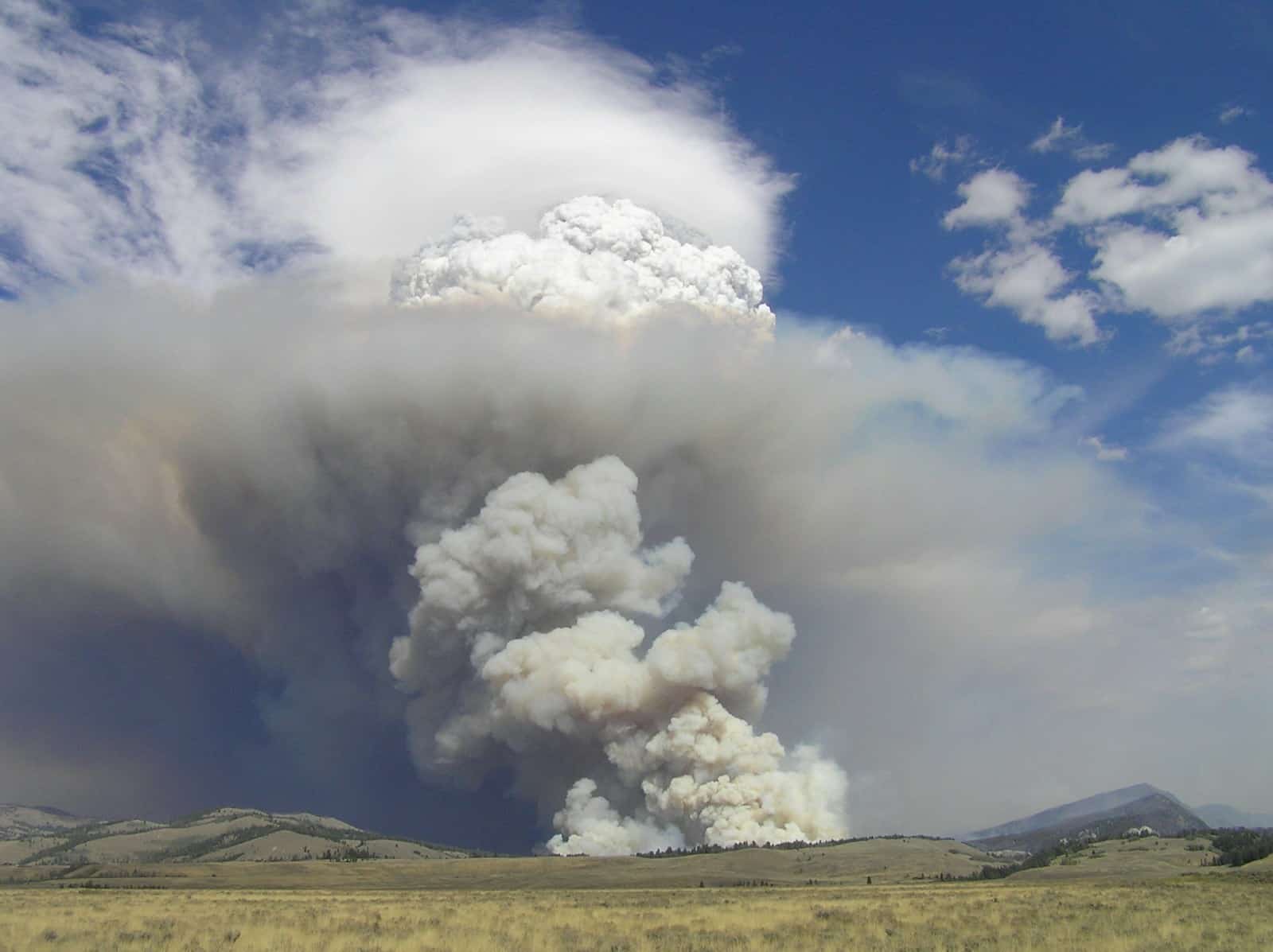San Francisco News

Tenacious curiosity in the lab can lead to a Nobel Prize – mRNA research exemplifies the unpredictable value of basic scientific research
André O. Hudson, Rochester Institute of Technology The 2023 Nobel Prize in physiology or medicine will go to Katalin Karikó and Drew Weissman for their discovery that modifying mRNA – a form of genetic material your body uses to produce proteins – could reduce unwanted inflammatory responses and allow it to be delivered into cells. While the impact of their findings may not have been apparent at the time of their breakthrough over a decade ago, their work paved the way for the development of the Pfizer-BioNTech and Moderna COVID-19 vaccines, as well as many other therapeutic applications currently in

Implants like pacemakers and insulin pumps often fail because of immune attacks − stopping them could make medical devices safer and longer-lasting
Kellen Chen, University of Arizona Biomedical implants – such as pacemakers, breast implants and orthopedic hardware like screws and plates to replace broken bones – have improved patient outcomes across a wide range of diseases. However, many implants fail because the body rejects them, and they need to be removed because they no longer function and can cause pain or discomfort. An immune reaction called the foreign body response – where the body encapsulates the implant in sometimes painful scar tissue – is a key driver of implant rejection. Developing treatments that target the mechanisms driving foreign body responses could

Spyware can infect your phone or computer via the ads you see online – report
Claire Seungeun Lee, UMass Lowell Each day, you leave digital traces of what you did, where you went, who you communicated with, what you bought, what you’re thinking of buying, and much more. This mass of data serves as a library of clues for personalized ads, which are sent to you by a sophisticated network – an automated marketplace of advertisers, publishers and ad brokers that operates at lightning speed. The ad networks are designed to shield your identity, but companies and governments are able to combine that information with other data, particularly phone location, to identify you and track

NASA’s Mars rovers could inspire a more ethical future for AI
Janet Vertesi, Princeton University Since ChatGPT’s release in late 2022, many news outlets have reported on the ethical threats posed by artificial intelligence. Tech pundits have issued warnings of killer robots bent on human extinction, while the World Economic Forum predicted that machines will take away jobs. The tech sector is slashing its workforce even as it invests in AI-enhanced productivity tools. Writers and actors in Hollywood are on strike to protect their jobs and their likenesses. And scholars continue to show how these systems heighten existing biases or create meaningless jobs – amid myriad other problems. There is a




